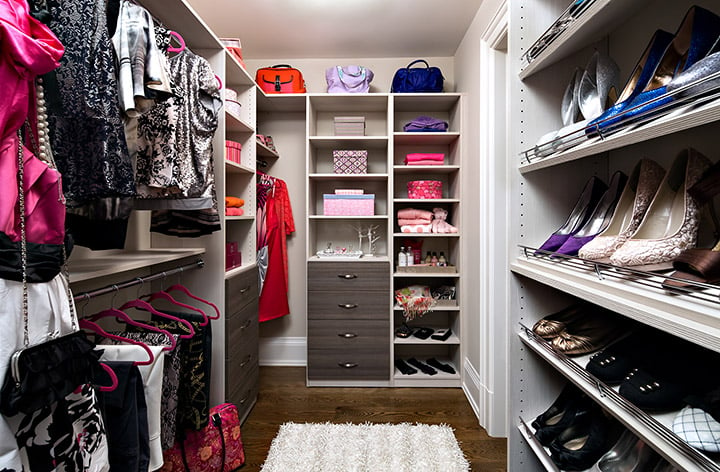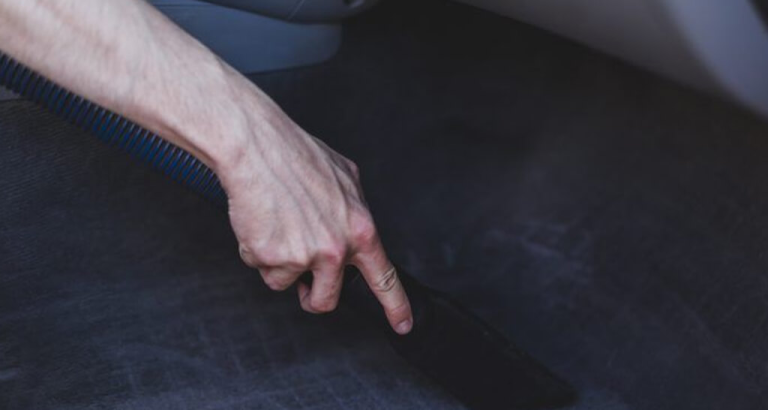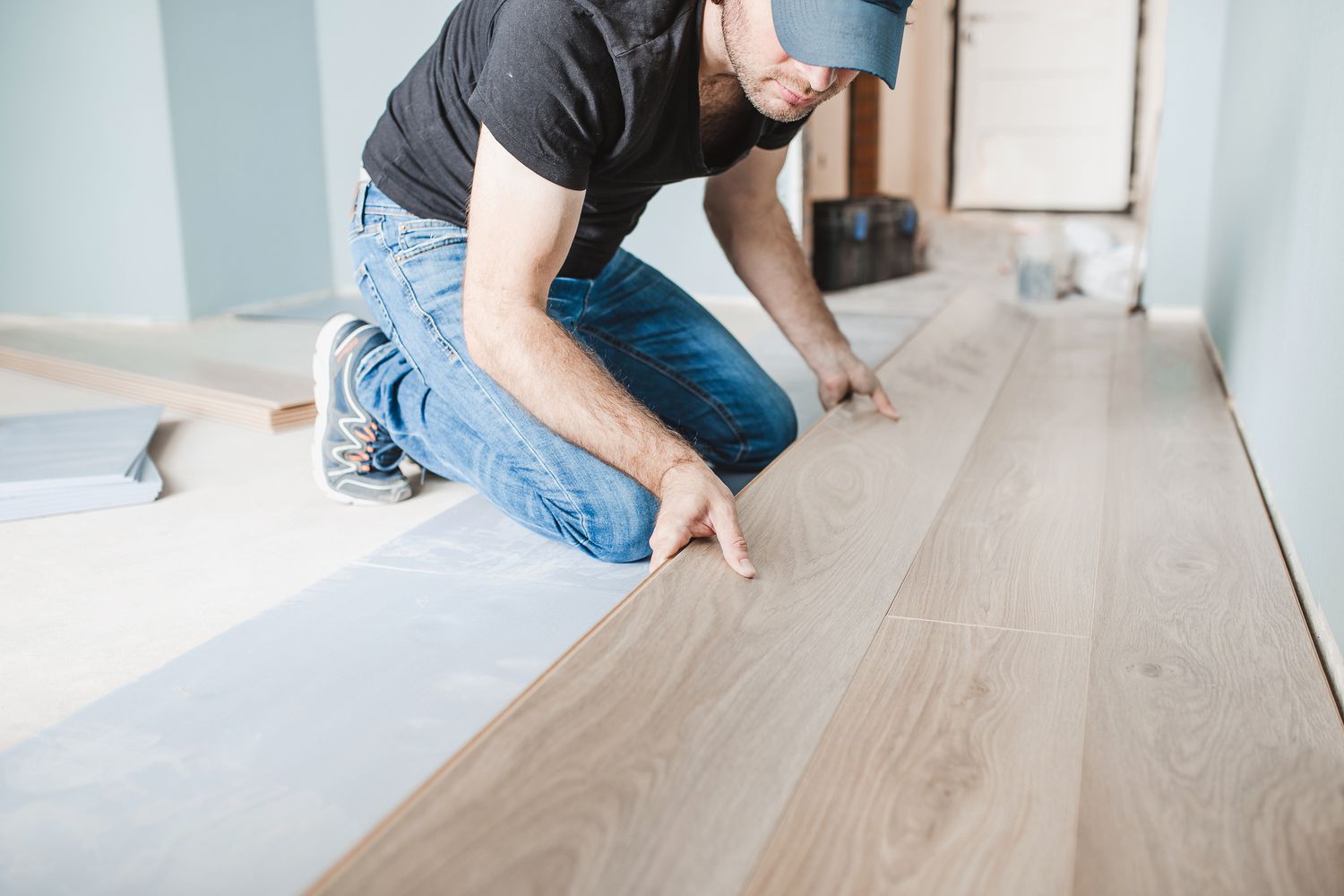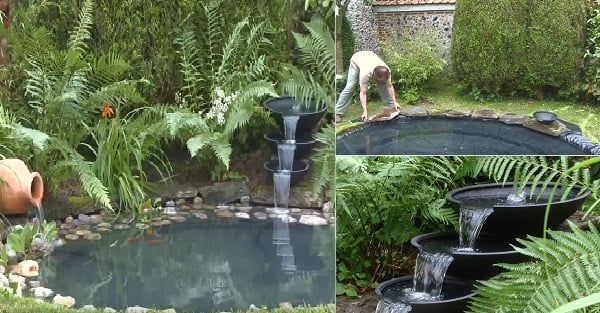Maximising Your DIY Efficiency

Table of Contents
DIY projects are a fantastic way to express your creativity and save money on home repairs or upgrades. However, DIY efficiency is key if you want to get the job done quickly and accurately. In this article, we’ll explore some top tips for maximising your DIY efficiency, including starting with a plan, investing in quality tools, organising your workspace, and taking breaks.
Start with a plan
Fail to prepare and you should prepare to fail. Before starting any DIY project, it’s essential to have a plan in place. This plan should include a clear outline of the project’s steps, a list of required materials and tools, and an estimated timeline.
A well-structured plan will help you stay focused and prevent any unnecessary delays or mistakes.
One of the most common mistakes that DIY enthusiasts make is diving into a project without a solid plan. This approach can lead to frustration, wasted time, and even injury. To avoid these issues, take the time to create a detailed plan before beginning any DIY task.
Invest in quality tools
Buy cheap and you’ll buy twice. High-quality tools are more durable, reliable, and efficient than cheaper alternatives, making them a worthwhile investment in the long run. For example, Milwaukee hand tools are known for their durability and precision, making them a popular choice for DIY enthusiasts and professionals alike.
When shopping for tools, it’s important to choose the right ones for the job. Consider the type of work you’ll be doing, the materials you’ll be working with, and your level of expertise. In addition to Milwaukee hand tools, you may also want to consider power tools, which can save time and effort when used correctly. Remember, power tools not only save time but are more accurate.
Organise your workspace
A clean and organised workspace is essential for maximising your DIY efficiency. A cluttered or disorganised workspace can slow you down, cause distractions, and even lead to accidents. Before starting any DIY project, take the time to clean up and organise your workspace.
Start by removing any unnecessary clutter and organising your tools and materials. Consider investing in storage solutions like toolboxes, shelving units, or pegboards to keep everything in its place. A well-organised workspace will help you stay focused and work more efficiently, ultimately leading to a better result.
Take breaks
This might sound counterintuitive, but short breaks can help maintain concentration in the long run, allowing your body and brain to rest and recharge. Working for extended periods without a break can lead to fatigue, which can cause mistakes and accidents. Taking regular breaks can help you stay fresh, focused, and energised throughout the project.
Aim to take a break every hour or so, depending on the complexity of the task. Use this time to rest, stretch, and hydrate. Taking short breaks can help you work more efficiently in the long run by preventing burnout and keeping you motivated.






